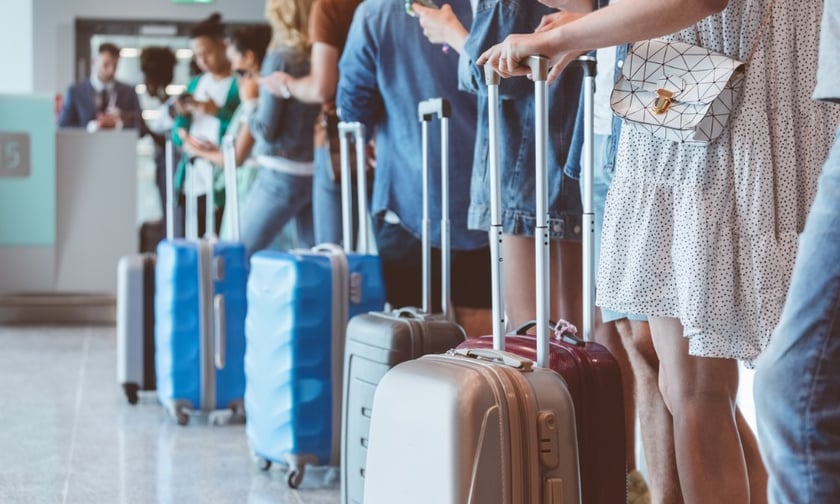

A new survey by Klook Protect, the insurance subsidiary of the travel platform Klook, has identified a significant shortfall in travel insurance coverage among younger travellers across Asia.
The study, titled “Travel Troubles Beyond Lost Luggage 2024,” examined how Millennials and Gen Zs are navigating the evolving landscape of travel risks, revealing a mismatch between their needs and available insurance products.
CS Soong, CEO of Klook Protect, said Millennials and Gen Z travellers are not only looking for basic protection; they want insurance that aligns with their adventurous spirit. This shift has left a gap in the market.
“This is why there’s a gap in the market for different types of travel insurance that reflects their travel habits alongside elevating the quality of their holiday,” he said.
The report noted that travel in 2024 brings additional risks, influenced by factors such as climate change, economic uncertainty, and health concerns.
These risks have led to increased instances of disrupted travel plans, heightened by issues like severe turbulence, rising crime rates in popular tourist spots, and health threats from climate-sensitive diseases.
The survey revealed that 21% of respondents are seeking alternatives to traditional travel insurance, which they feel is outdated and fails to meet their specific needs.
A further 34.1% expressed a desire for a more engaging insurance purchasing process, while 12.7% and 8.1% are looking for more innovative and adaptable insurance providers.
Common frustrations include the:
The survey highlighted that travellers from Malaysia (36%), Singapore (34%), and Hong Kong (21%) find the claims process particularly challenging.
Meanwhile, 40% of respondents from the Philippines are more focused on cost, with price being the key factor in their decision-making.
The study found that 48% of travellers under 35 are drawn to high-risk, adventure-oriented travel, often involving solo or unplanned trips. Activities like extreme sports and visits to remote destinations present higher risks of injury or accidents.
Additionally, 46% of those surveyed take leisure trips at least quarterly, often opting for budget accommodations or transport options that may not meet high safety standards.
Heavy reliance on technology for travel logistics, including navigation and bookings, poses additional risks, particularly in emergencies or in areas with poor internet access. The survey also pointed to rising concerns over issues like ride-share scams and misleading accommodation listings.
Despite the typically meticulous planning associated with travel in Asian households, many travellers delay purchasing insurance until just before their trips.
The survey noted that a significant portion of travellers from Singapore (30%), Hong Kong (36%), Malaysia (37%), and the Philippines (36%) purchase coverage only days before departure. This procrastination is often due to the complexity of insurance products, with 32% of respondents expressing a preference for simpler, more user-friendly options.
Soong emphasised the need for the travel insurance industry to evolve in response to these findings, enabling younger travellers to focus on enjoying their trips without undue concern for potential setbacks.
“There is a need for new travel insurance standards, as travellers are dragging their feet to purchase travel insurance, feeling overwhelmed by options and still not finding what they need,” he said.
In a related development, Zurich Insurance partnered with Klook early this year to introduce FlyEasy, a service that offers free airport lounge access to travellers facing flight delays of over two hours.
The service, which leverages Zurich Edge technology, is available to Singapore residents who purchase a qualifying Klook Protect policy and register their flight details in advance.
Roopa Malhotra, Zurich’s APAC head of customer and digital, stated that FlyEasy is part of the company’s strategy to provide innovative, customer-focused solutions.
